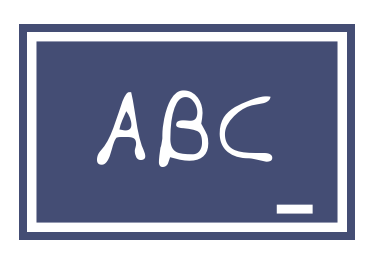
A few days ago I reviewed the British Council’s free Teaching English in Early Childhood course, a course which is hosted on the Future Learn platform. If you’re interested in teaching English to very young learners, that course is well worth joining.
Today, I’m signing up for another free course on Future Learn relevant to teachers of very young learners on: Teaching Phonics in Early Childhood. It is a two week course run by Queensland University of Technology, and it commences on 4 February. However, if you miss this intake, there is no need to worry because the course is repeated several times a year. Even though it is a really short course,, I’m hoping I pick up an idea or two, or that I am able to make connections with others that are thinking about phonics in early childhood in an ESL or EFL context.
I realise that with courses like these, often the value is in the comments and discussions that take place, and not the actual course content. Online courses tend to attract people from all around the world, and so you get to see how people from different backgrounds, contexts, educational systems, and so on, approach the same problems.
I really enjoy teaching phonics to very young learners. When I started teaching, like most of my other starting colleagues, I knew nothing about phonics. My sense is that phonics isn’t really well understood by many teachers, and I’ve had a hard time finding the kind of resources I would want to teach phonics in Kindergarten. Part of the reason is that a lot of the commercial phonics programs are not designed for EFL/ESL.
Another reason might be that most programs seem to base their content on existing offerings. That is, when they develop their phonics program, they look to see what others have done, and base their work on what is already available. What happens is that this reinforces the same paradigm of teaching phonics. Rarely is there one way of doing things, and quite often the most common way of doing things is far from the best or most optimal.
Also, developing educational materials is a time consuming and expensive process. What this means is that there aren’t a lot of phonics packages that offer really good integrated multi-dimensional learning (such as songs, video, bookwork, TPR, puppets, stories, electronic games, and so on) especially designed for very young learners.
Because of all of this, I’ve struggled to find the resources I’d want, and so I’m looking at creating a lot of my own. I’m excited to do this workshop and to connect with others with similar interests.

